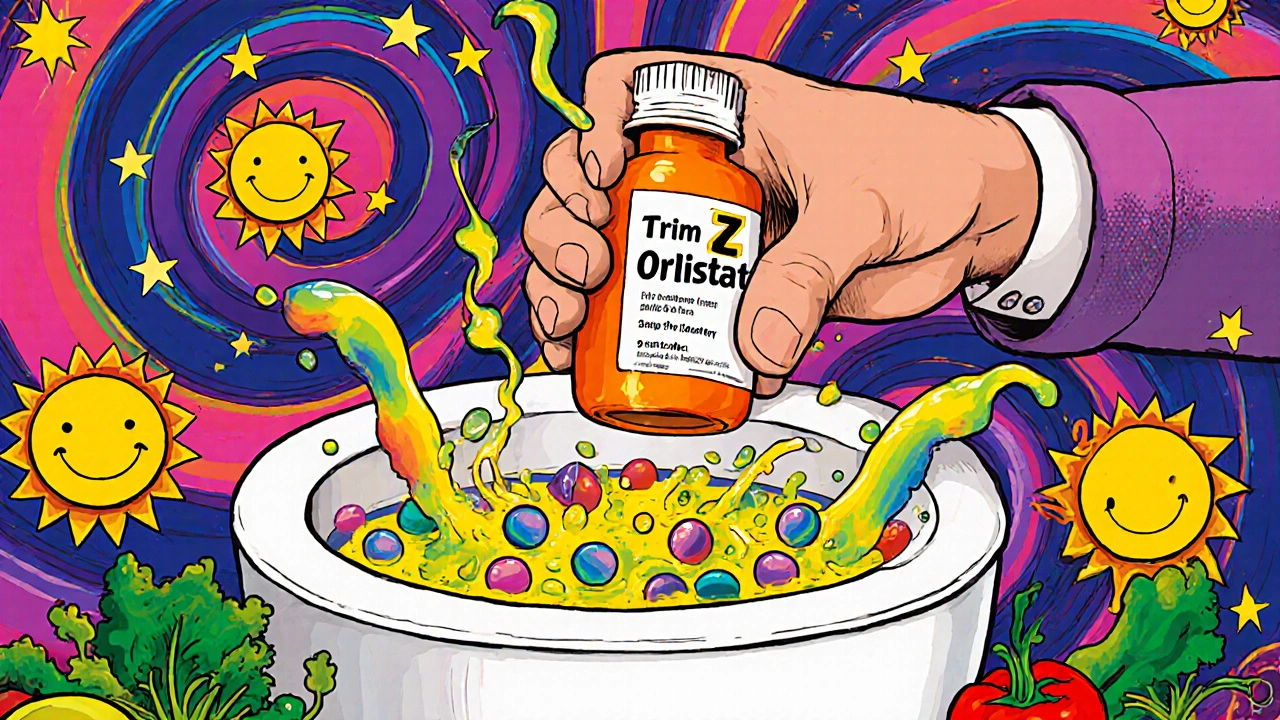Weight Loss Pills: What Works, What Doesn't, and What to Watch For
When you search for weight loss pills, oral medications designed to help reduce body fat by suppressing appetite, boosting metabolism, or blocking fat absorption. Also known as obesity treatment drugs, they range from over-the-counter supplements to FDA-approved prescriptions. The truth? Most don’t deliver what they promise. But some do — and knowing the difference could save you money, time, and even your health.
There are three main types you’ll run into: appetite suppressants, drugs that trick your brain into feeling full faster, like phentermine; fat burners, supplements claiming to speed up calorie burning, often packed with caffeine or herbal extracts; and prescription weight loss meds, clinically tested drugs like semaglutide or orlistat that alter how your body processes food. These aren’t magic bullets. They work best when paired with diet and movement — and they come with real side effects. Some cause nausea, insomnia, or elevated heart rate. Others can interact badly with blood pressure meds or antidepressants.
What you won’t find in most ads: the fact that many OTC fat burners aren’t tested for safety or effectiveness. The FDA has warned about products hidden with banned stimulants. Even some "natural" formulas contain unlisted drugs. Meanwhile, prescription options like Wegovy or Saxenda have real data behind them — but they’re expensive, require a doctor’s oversight, and aren’t for everyone. If you’re considering any of these, ask: Is this backed by human trials? Do I know what’s in it? And what happens when I stop taking it?
The posts below cut through the noise. You’ll find clear comparisons of real medications, breakdowns of how they actually work in the body, and honest takes on side effects you won’t hear from influencers. Whether you’re looking at generic versions of popular drugs, checking how they stack up against each other, or trying to understand why one works for someone but not you — this collection gives you the facts, not the fluff.
Compare Trim Z (Orlistat) with Top Weight Loss Alternatives
Compare Trim Z (Orlistat) with top weight loss alternatives like semaglutide, phentermine, and Contrave. Learn which works best, side effects, costs, and why behavior change beats pills long-term.






